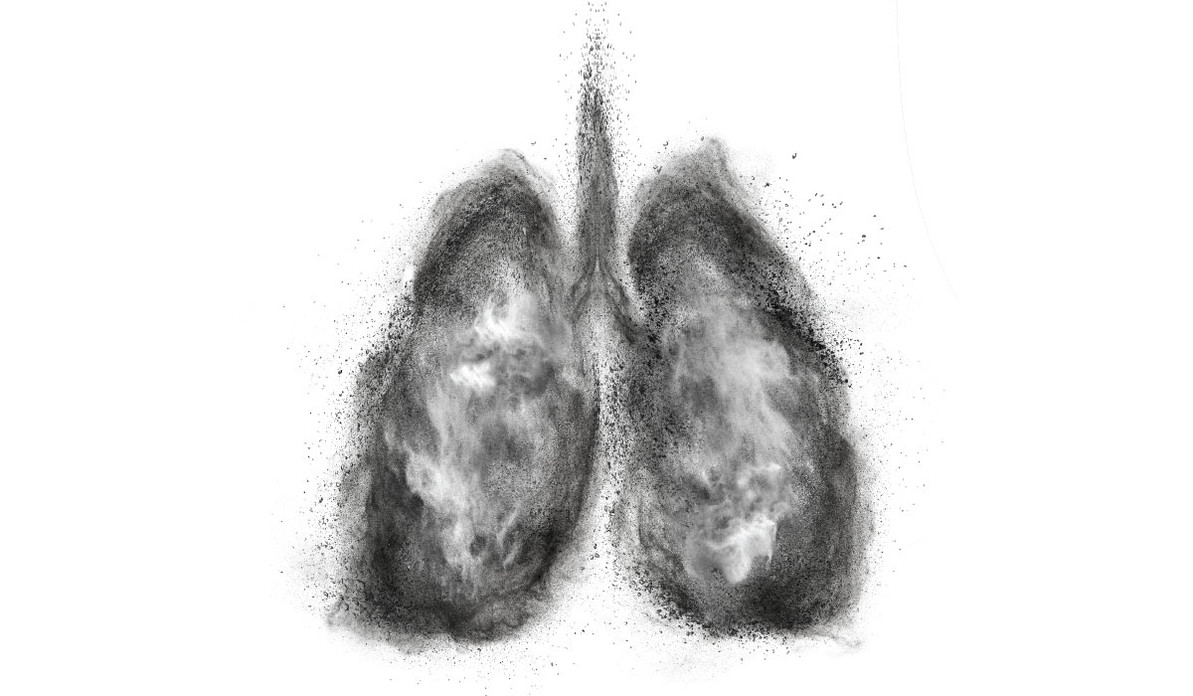Wildfire Smoke and Your Health
For the past two years, we’ve been hearing a lot about the possible effects of COVID-19 on our long term health. It is important not to forget that there is another looming threat to our respiratory and cardiac health, and that threat is smoke from wildfires. Lung and heart health issues are not the only thing that COVID-19 and wildfires have in common, the risks from both can be limited with proper protection. In these time we unfortunately have to live with a lot of precautions.
Fires are on the rise, especially in the western U.S. Smoke from these fires can cause serious harm both chronically and acutely. We need to know how best to protect ourselves, and which masks are appropriate.
What kinds of masks should I use?
Paper and cloth masks have been popular for COVID protection, however they won’t do anything for your when it comes to smoke. N95 masks are good for both COVID protection and for preventing most small particles from wildfire smoke from entering your lungs.
Why is wildfire smoke dangerous?
Wildfire smoke consists of air pollutants, carbon monoxide (gas pollutants), water vapor and particle pollution, none of which belong in our lungs. Particle pollution is the most concerning, known as particulate matter or PM. These particles are made of chemicals, soot, metals, soil, dust and other biological materials. We typically experience larger particles known as PM10s (10 micrometers in size) from industrial and car pollution on a daily basis. Wildfire smoke can create PM2.5s (2.5 micrometers in size), which are small enough to enter the bloodstream. These can eventually lead to decreased respiratory function, chronic lung disease, cancer, and altered immune function, according to the CDC and EPA. People with already existing lung and heart conditions or asthma are at much greater risk and should take every precaution possible.
How do I properly protect myself?
Get a HEPA filter attachment for your fan, and keep all windows and doors closed when there is a fire. Check air quality levels and avoid outdoor activities when air quality is low.
Wear a proper mask. There are two types that are effective against smoke, N95 and R95. N95s are 95% effective against particulate matter (PM). The R95 contains activated carbon and is 95% effective against particulate matter PLUS oil based aerosols (N95 does not protect against oil based aerosols). Since the R95 is valved, it is not a safe choice against spreading COVID-19. If you want one that can be good against both COVID-19 and smoke, go with the N95. If you would rather have the most possible protection against fire pollutants, go with the R95 while social distancing. It is a good idea to keep one or both of these options on hand during fire season, so you can rest assured that your lungs are protected should you need to venture outdoors on a smokey day.
For more information about protecting yourself from wildfire smoke, visit www.cdc.gov
Recent Posts
-
Safety First: Choosing the Right PPE for Your Laboratory
Are you aware that over 20,000 workplace injuries occur annually i …1st Oct 2025 -
The Future of Lab Supplies: Trends You Can't Ignore
As laboratories across various industries evolve, the demand for i …29th Sep 2025 -
Ergonomics in the Lab: Choosing Equipment for Comfort
In the fast-paced world of laboratory work, comfort should not be …15th Sep 2025

